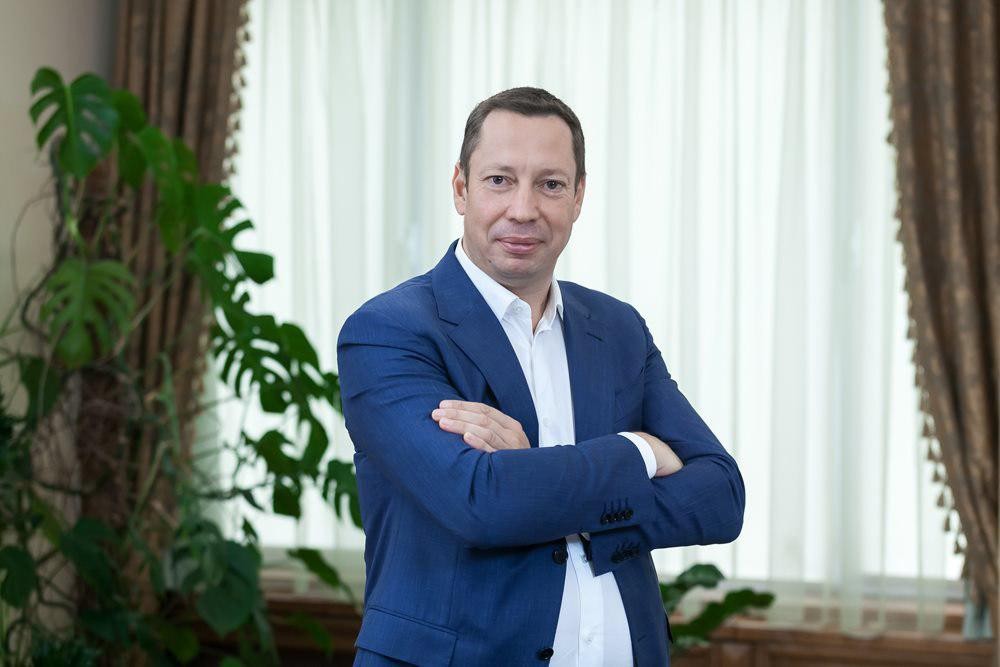The Bank of Israel (BoI) will implement a $30 billion foreign exchange intervention program to stabilize the shekel, it was announced yesterday, October 9. The program amounts to about 15.1% of the central bank’s total reserves, which amounted to $198 billion in September. On the eve of the announcement, the shekel weakened by more than 2% to an almost eight-year low of NIS 3.92 to the dollar. Yesterday, Monday, the shekel recovered to 3.86 to the dollar early in the morning. So far, the shekel has already fallen by 10% against the dollar in 2023, mainly due to the Israeli government’s desire to radically change the judicial system.
Israeli stock and bond prices fell by 7% on Sunday, October 8, while many businesses were closed after the Hamas attack. Israel has accumulated foreign exchange reserves worth more than $200 billion, much of which has come from foreign currency purchases since 2008, to keep the shekel from over appreciation its welcome and hurting exporters. The bank last intervened in January 2022. In addition to the USD 30 billion program, and if necessary, the Bank of Israel will maintain liquidity in the market through SWAP mechanisms worth up to USD 15 billion.
What is the most important thing for the central bank of Israel? Based on my own experience of maintaining financial stability at the beginning of the war in Ukraine, I believe that timeliness is the first priority. Markets need support at times of peak volatility and uncertainty. The second is transparent communication on the use of foreign exchange reserves to support the national currency. The third is liquidity support. These are the measures envisaged by the National Bank of Ukraine in its Resolution №18 of February 24, 2022.
The next steps are to tame inflation. Recently, on September 4, 2023, the Bank of Israel announced for the second time in a row that it was leaving its key rate unchanged at 4.75%. But it warned that further rate hikes remain a “real possibility” if inflation does not slow. However, a slowdown in inflation amid the war still seems an unrealistic scenario.
The oil market has already reacted by raising prices. Today, Brent crude oil, the global benchmark, jumped by about 4% to $88 per barrel. The main uncertainty for the Bank of Israel’s next steps in terms of changes to the key policy rate will be the duration and intensity of the fighting and the impact on capital markets. In other words, much depends on whether there is an outflow to safer havens as the market narrative shifts from a soft landing to a higher level for a longer period of time. In the long run, this will make it harder for new capital to flow in. All of this may, as in Ukraine in June 2022, necessitate decisive action to raise the key policy rate.
These steps have worked for us. We pray for the Israeli people.
Source: Medium
